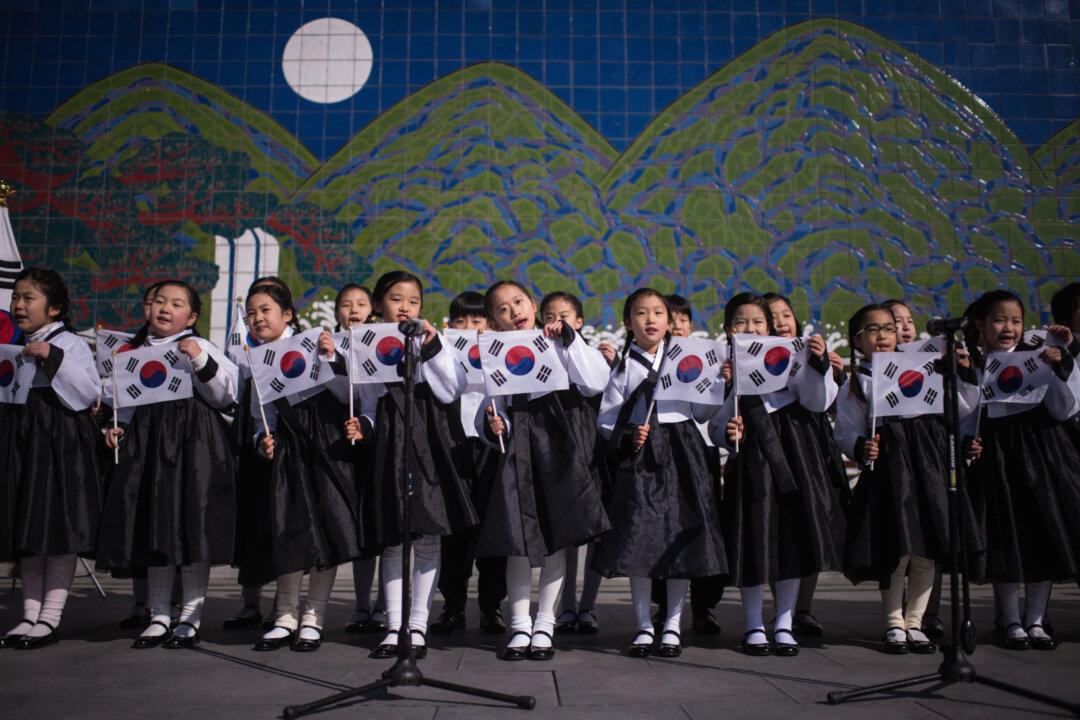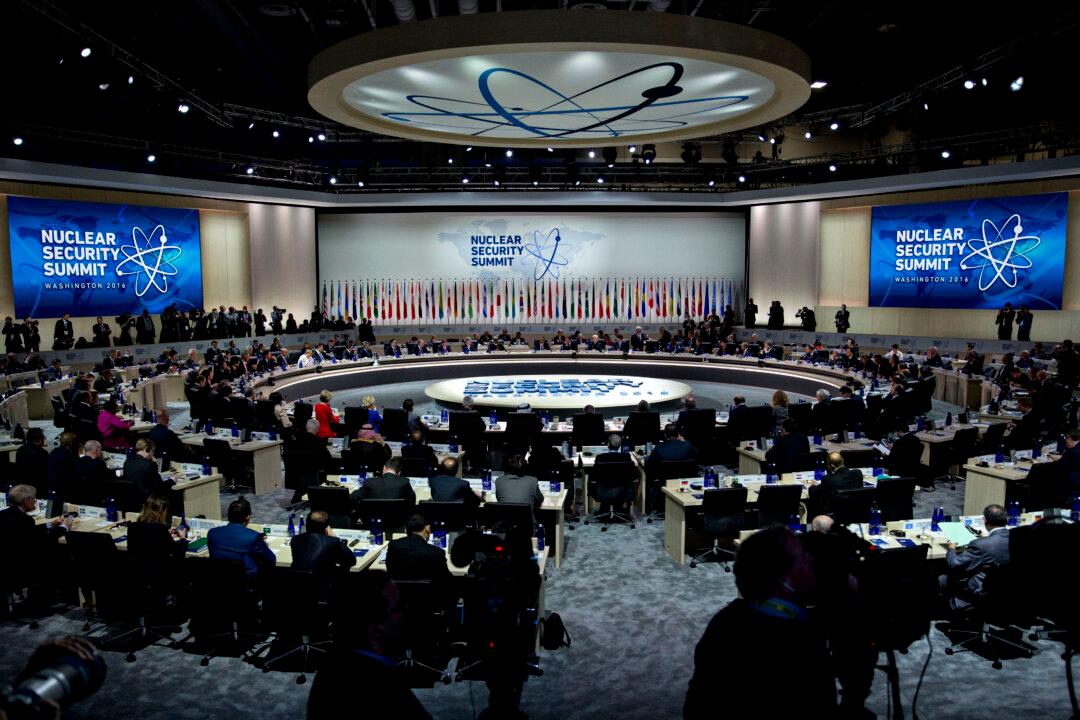The street protests of the Arab Spring happened largely because of disgruntled youth. The unemployment rate for young people in the Middle East and North Africa verged on the catastrophic in 2012: 42 percent for Tunisia and 38 percent for Egypt. Moreover, the rates had shot up significantly since 2010, so it seemed as though the already intolerable conditions were only getting worse. Young people came together through social media and took over the public spaces, demanding change.
Street protests throughout the southern tier of Europe—in Greece, in Spain—were also fueled by unemployed youth. In Greece, the unemployment rate for young people peaked at 60 percent in 2013, a time of huge popular unrest. The Spanish rate hit a high of 55 percent in July 2013, also a time of mass protests.
In the United States, the unemployment rate has been steadily falling for the last eight years. For young people, the rate has recently hovered around 10 percent. But young Americans face other problems. Many of the entry-level jobs they get barely provide enough to cover food and rent—much less the enormous college loans they have to pay back.
These dismal prospects are why so many young people are supporting Democrat Bernie Sanders in the race for president. More people under the age of 30 are supporting Sanders than Hillary Clinton and Donald Trump combined. Sanders envisions a new economic order in the United States that provides opportunities to all young people (and not just rich bankers and CEOs).




